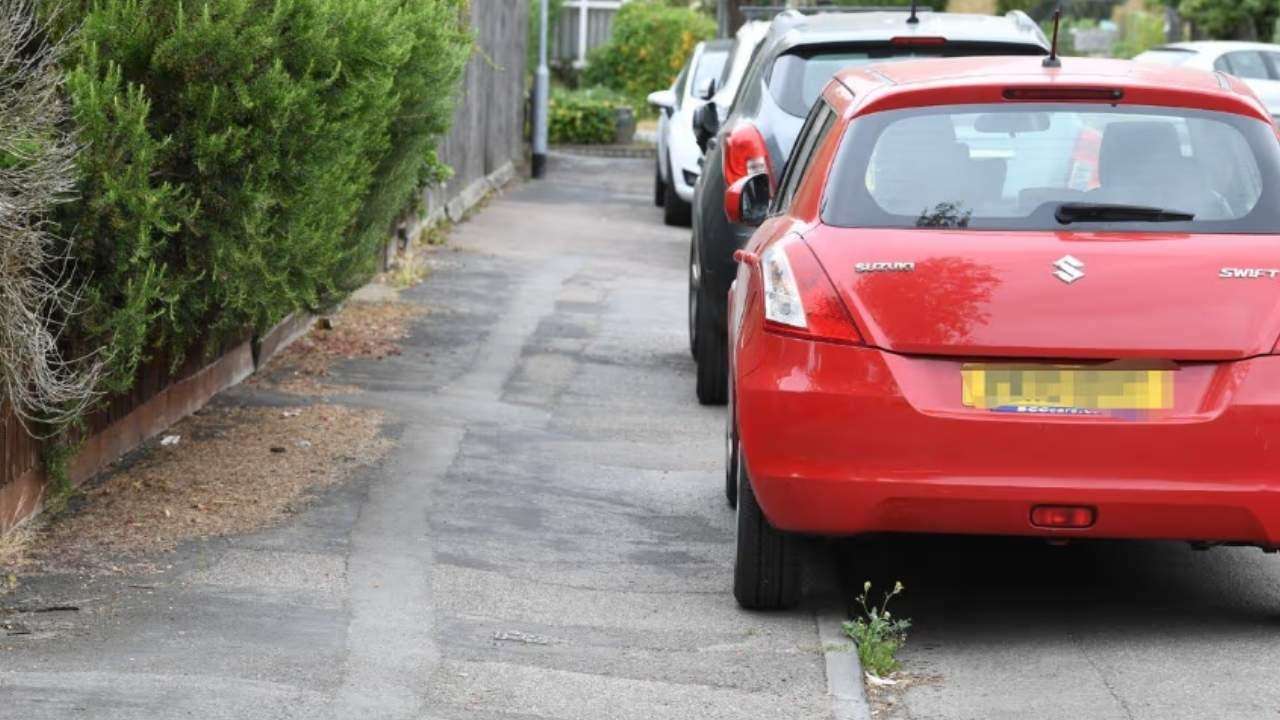The long-running saga of who will control one of Britain’s most influential broadsheets appears to have reached its climax as the Daily Mail and General Trust has finally agreed to a £500 million deal to acquire the Telegraph Media Group. Following the government’s intervention to block a bid by the Abu Dhabi-backed Redbird IMI on national interest grounds, Lord Rothermere’s DMGT has moved swiftly to consolidate its position. While the business transaction is significant, the cultural and political tremors of this acquisition are where the true story lies. The union of the populist Daily Mail and the establishment Daily Telegraph creates a right-leaning media leviathan that is set to irrevocably alter the texture of British public discourse.
The immediate focus now shifts to the editorial soul of the Daily Telegraph. For decades, the Telegraph has served as the voice of the traditional shire Tory—measured, establishment-focused, and economically conservative. In contrast, the Daily Mail operates with a punchier, more sensationalist populist energy that thrives on the culture wars. While Lord Rothermere has insisted that the Telegraph will remain editorially independent and that editor Chris Evans will be given resources to expand, industry observers remain skeptical that the two cultures can exist under one roof without bleeding into one another. The fear among purists is a subtle "Mailification" of the Telegraph, where the broadsheet’s nuanced analysis is gradually replaced by the high-octane, emotive, and often polarizing crusade journalism that defines the Mail’s success. If the Telegraph adopts the Mail’s aggressive campaigning style, the distinction between Britain’s broadsheets and tabloids could blur further than ever before.
This consolidation is sending shockwaves of genuine alarm through the Left-Wing media landscape. Publications such as The Guardian and The Daily Mirror now face a unified commercial and ideological block that commands a staggering share of the national conversation. The British press has always historically leaned right, but this merger threatens to extinguish diversity of thought by placing the two loudest megaphones of conservatism into the hands of a single entity. For the Left, this is not just a business deal but a democratic emergency. It creates a hostile environment where progressive narratives struggle to gain traction against a synchronized editorial line that can effectively set the government's agenda from breakfast to dinner. The concern is that with such dominance, the new entity won’t just report on the political climate but will actively manufacture it, leaving opposition voices screaming into a void.
However, the road ahead is paved with regulatory landmines. DMGT already owns the Metro and the i newspaper. Adding the Telegraph to this stable gives the group a market share that will almost certainly trigger an intense investigation by the Competition and Markets Authority (CMA) and Ofcom. To get the deal over the line, Lord Rothermere may be forced into a "Sophie’s Choice" scenario, potentially having to sell off the i or the Metro to appease regulators concerned about media plurality. We can expect a grueling few months of legal wrangling where the definition of "market dominance" is tested to its limit. The government, having already intervened once to stop foreign state ownership, now faces the domestic headache of monopolistic power.
Daily Dazzling Dawn Analysis: The Siloing of Society
The British media landscape is undergoing a transformation that mirrors the fractured reality of American news, and this takeover is the accelerant. We are moving away from a "town square" model of journalism, where broadly different demographics read from a similar menu of facts, toward an era of commercially fortified echo chambers.
The impact on British society could be profound and unsettling. If this merger successfully passes regulatory scrutiny, it signals the end of the era where media ownership was fragmented enough to allow for internal competition on the Right. Instead, we are witnessing the corporatization of ideology. The risk is that as these media giants grow, their algorithms and editorial lines will optimize further for outrage and engagement rather than consensus.
For the average citizen, this means the "middle ground" of British politics is likely to erode. A unified Right-Wing block will likely push the Conservative party further toward populism to satisfy the editorial demands of its new master, while the Left may retreat further into its own defensive silos. The result is a society where we no longer debate the nuances of policy but essentially live in two different realities, defined entirely by which media conglomerate feeds our news feed. The dawn is indeed dazzling, but the glare might just blind us to the common ground we once shared.







.jpg)
.svg)


